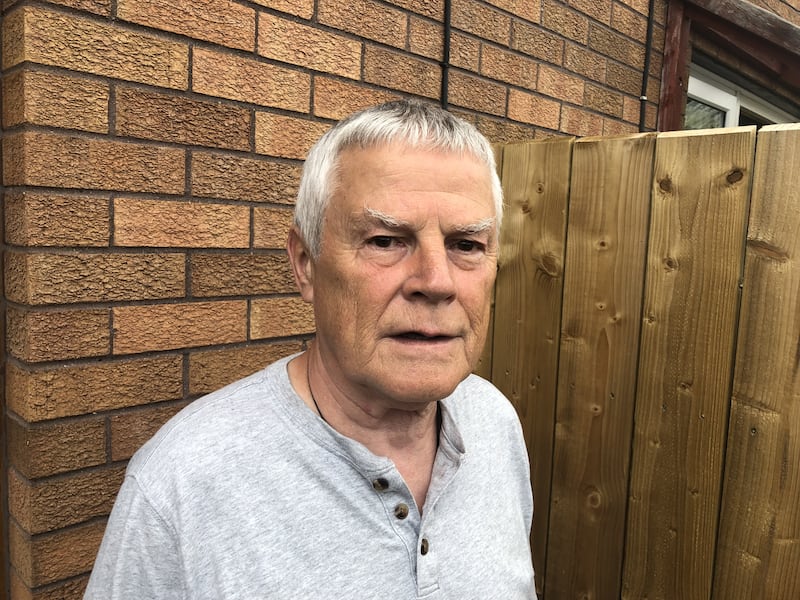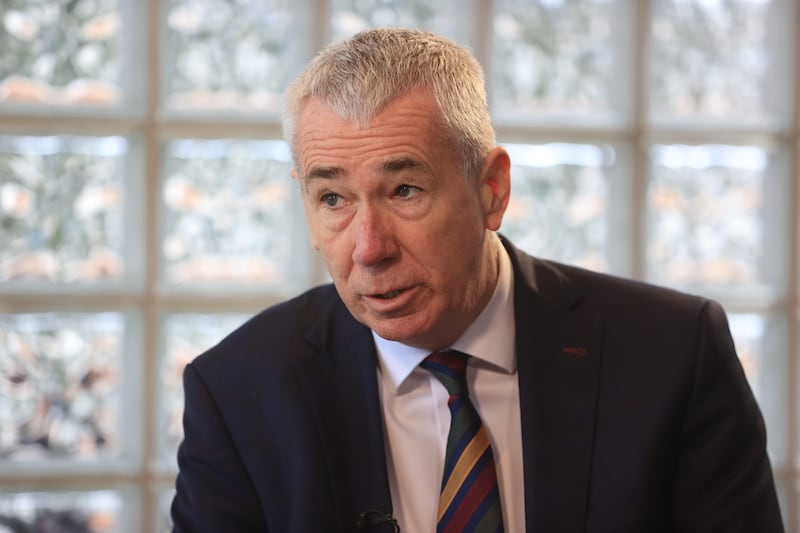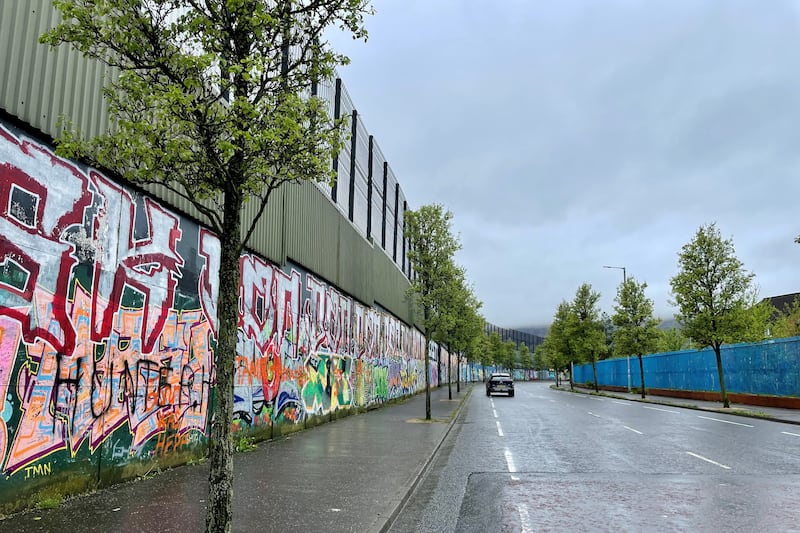Sitting down to look at Sinn Féin’s latest policy document, ‘A New Ireland For All: Ending Segregation’, I was thinking: “Hopefully this isn’t going to be just long-winded waffle, open to multiple interpretations.”
Thankfully it isn’t. In fact, this latest offering from Sinn Féin is clear and concise, and meaningfully addresses what I consider to be the only possible foundation upon which to build a future worth having: reconciliation (Which, in my view, should be self-evident to every reasonable person, regardless of their views on the constitutional issue).
Refreshingly too, nowhere is there any questioning of what the term actually means. While there is undoubtedly a time and a place for intellectualising on reconciliation, 26 years after the Good Friday/Belfast Agreement isn’t it. There’s not a rational person who doesn’t know by now what reconciliation means in a Northern Ireland context or can’t envisage what it will look and feel like if we can achieve it.
As the document’s subtitle suggests, Sinn Féin sees ending the political/religious segregation of our communities as key to advancing reconciliation. To this end, they are calling for parents to be able to send their children to an integrated school if they so choose. I wholeheartedly agree. However, this can only be achieved by making integrated education accessible to every family. That is, by providing it with an awful lot more financial and advocacy support than it currently receives.

No one imagines that, by itself, integrated education is a cure for sectarianism. But, with so many of our children growing up segregated from peers of a different religion, it has a vital role to play. We can all agree that the teaching of anti-bigotry - by word, deed, and attitude - should begin in the home. But let’s be realistic, most of the parents (and grandparents) themselves grew up and continue to live in religiously segregated communities. When we also consider the role played within communities by those who, for their own ends, actively promote sectarianism (and its close relative, racism) it’s no wonder negative stereotypes of the ‘unknown other’ abound.
We all know how segregation came about. But how to undo it?
Here is a snippet from Sinn Féin’s suggestions: “Sectarian segregation has a direct correlation to social and economic inequality. The removal of segregation requires community based economic, educational and health interventions. Decent jobs, educational opportunities and good quality housing should be central to anti-sectarian strategies driven by government. These processes should be overseen and implemented with ministerial direction from within the northern power-sharing executive.”
I agree with all of this but would go further. I believe that any new-build social housing should be located and allocated with integration primarily in mind. Also, that all prospective social housing tenants should be encouraged – not forced, mind – to live in existing religiously and racially mixed areas (such as there are of them) as well as new-builds.
Wherever the solution(s) to segregation lie, this legacy of our past will be extremely difficult to solve. But solve it we must.
On a NI civic forum, while in principle I support Sinn Féin’s proposal, I can’t help wondering on what basis its members would be selected; who would select them; how do we avoid it being peopled by too many of the ‘old familiar faces’; and would its recommendations be taken seriously by our executive and assembly?
There is, of course, an awful lot more to this Sinn Féin policy document than I have room to discuss here – such as the party’s positions on victims, legacy, women’s rights, community building, peace walls, local economies and so on.
So, what is my overall impression? My late mother would often advise we children: “Where it’s due, be as quick to praise as you are to criticise”. With that in mind, I have no hesitation in saying that I consider this to be a very positive contribution to our search for reconciliation. Most particularly because all of its suggestions on the issue are centred where they absolutely need to be, on the here (Northern Ireland) and the now (not at some undetermined time in the future). But what about the history of some of the people behind the document? Well now, I’d have some cheek, wouldn’t I!
Positive political leadership and example-setting should be welcomed, from wherever they come. These are vital if we are ever to end segregation and move further down the road to reconciliation. But politicians can’t possibly do it alone. We all must play our part.
:: David Adams is a former Ulster Democratic Party councillor and later worked for the Dublin-based international humanitarian organisation, GOAL.







